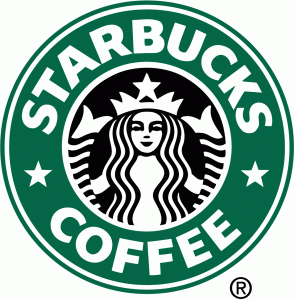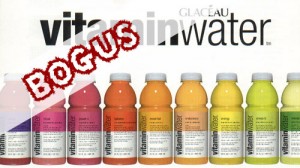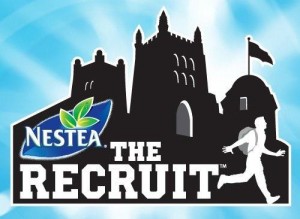I quite enjoyed working on the marketing plan assignments this semester. It was an effective integration of class concepts to real life companies (my group chose Starbucks), and the video (assignment #3) really tied everything together with a visual component to it.
My knowledge of Starbucks as a company really came in handy during this project. I am a Starbucks fanatic. I know everything about their product mix, their competitive advantage, their in-store and online offerings, rewards program, etc (I am also a Gold Card holder). Thus I really enjoyed analyzing this company with concepts from class and making recommendations, as it was almost like second nature to me. I would often stand in line at Starbucks and think about what could be improved to make the customer experience better. As a student, the comfortable seating, vibrant atmosphere, and endless supply of caffeine draws me to Starbucks as a good study spot.
The company aside, the marketing plan assignments really helped me to understand class concepts better and how to apply them (ie: 4 P’s, STP Outline, Marketing Mix, CDSTEP, etc), which came in handy for the midterm and will undoubtedly aid me in my study efforts for the final exam.
Admittedly, the video itself took a very long time to create. Who knew it would take seven hours to film a five-minute video? This is not including voice-overs, editing, or other finishing touches. However, it was nice to have a visual summary of all our work over the past semester in one handy short video.
It’s been a fun ride, and thank you especially to Tamar- you’ve been an amazing prof! I thoroughly enjoyed Comm 296 under your teaching.






